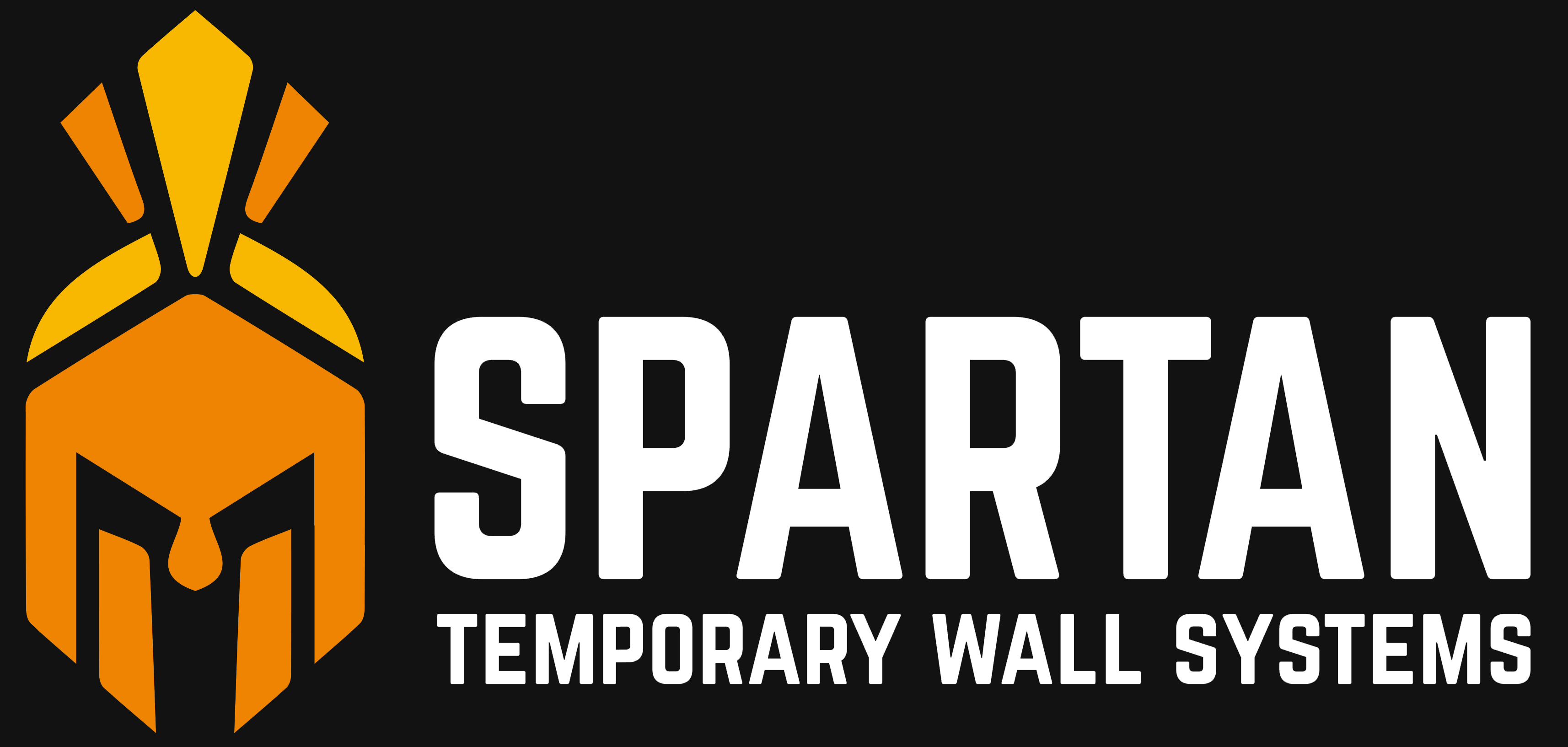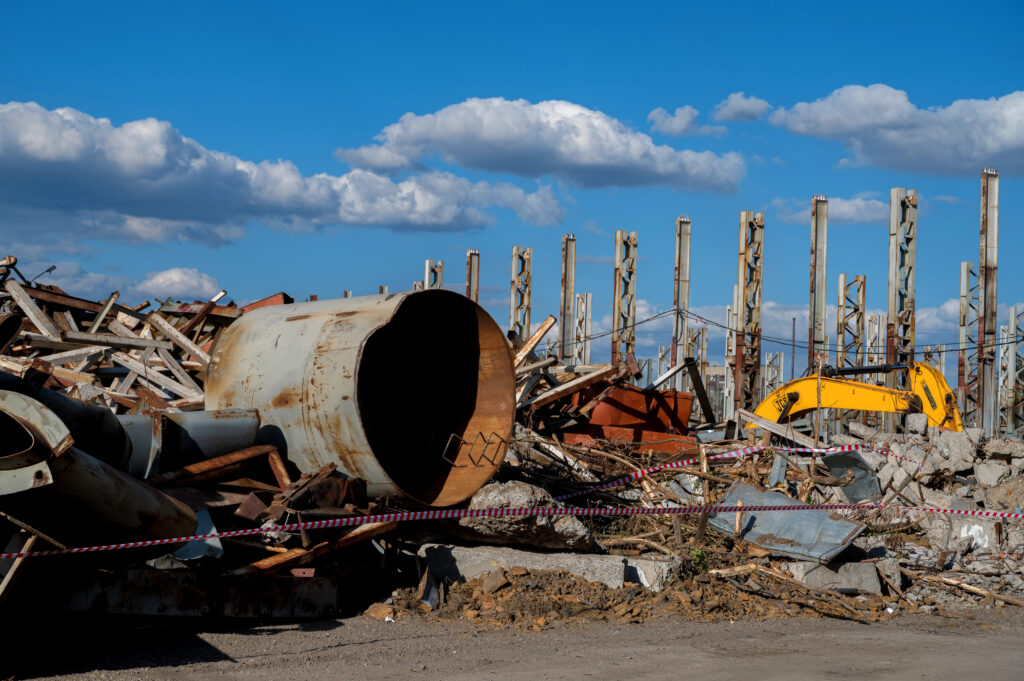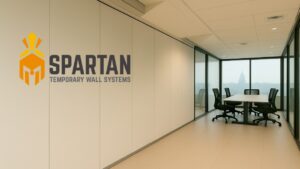Understanding Construction Debris: The Hidden Challenge After Demolition
Demolishing a building—whether it’s an office, hotel, museum, or commercial space—creates an enormous amount of debris that needs careful management. Where does all that material go? How is it classified, and why does it matter?
After demolition, debris is sorted into key categories:
• Concrete, bricks, and masonry: Often crushed and recycled into new construction aggregate.
• Metals (steel, aluminum): Sent to recycling centers to be melted and reused.
• Wood: Can be reclaimed for reuse, chipped into mulch, or processed into bioenergy.
• Glass and plastics: Sometimes recycled, but often more difficult to repurpose.
• Hazardous materials (asbestos, lead paint): Require special handling and must be sent to licensed hazardous waste facilities.
Debris that cannot be recycled is sent to Construction and Demolition (C&D) landfills, where it must be safely contained to avoid environmental harm.
The Special Case of Drywall: A Hidden Environmental Risk
Among the debris types, drywall presents unique challenges. While it might seem simple, drywall can only be recycled if it is completely clean:
• No paint (especially lead-based paint)
• No asbestos contamination
• No mold or water damage
If drywall is contaminated, it must go straight to landfills.
Why is this dangerous?
When drywall decomposes in landfills, it can release hydrogen sulfide gas, a toxic, foul-smelling gas that is harmful to both human health and the environment. Additionally, drywall waste can leach sulfates into groundwater, posing serious risks to local ecosystems and water supplies.
This makes drywall waste a major environmental concern in the construction industry, especially in dense urban environments like New York City
Spartan Walls: The Eco-Friendly Alternative to Drywall ♻
At Spartan Walls, we offer a sustainable, smarter solution to traditional drywall challenges.
Unlike drywall, which often ends up in landfills after just one use, Spartan Walls are reusable, recyclable, and cleanly installed — dramatically reducing construction waste and environmental impact.
Here’s why more companies are making the switch:
✅ No demolition debris
✅ No toxic dust or VOCs
✅ Easy to install, remove, and repurpose
✅ Supports LEED and sustainable building goals
Build smarter. Protect the planet. Choose Spartan Walls. 🌱
Interested in making your next project greener and cleaner? Let’s talk about how Spartan Walls can help you transform your approach to construction and demolition.
Contact us today Call Now (914) 327-7138


